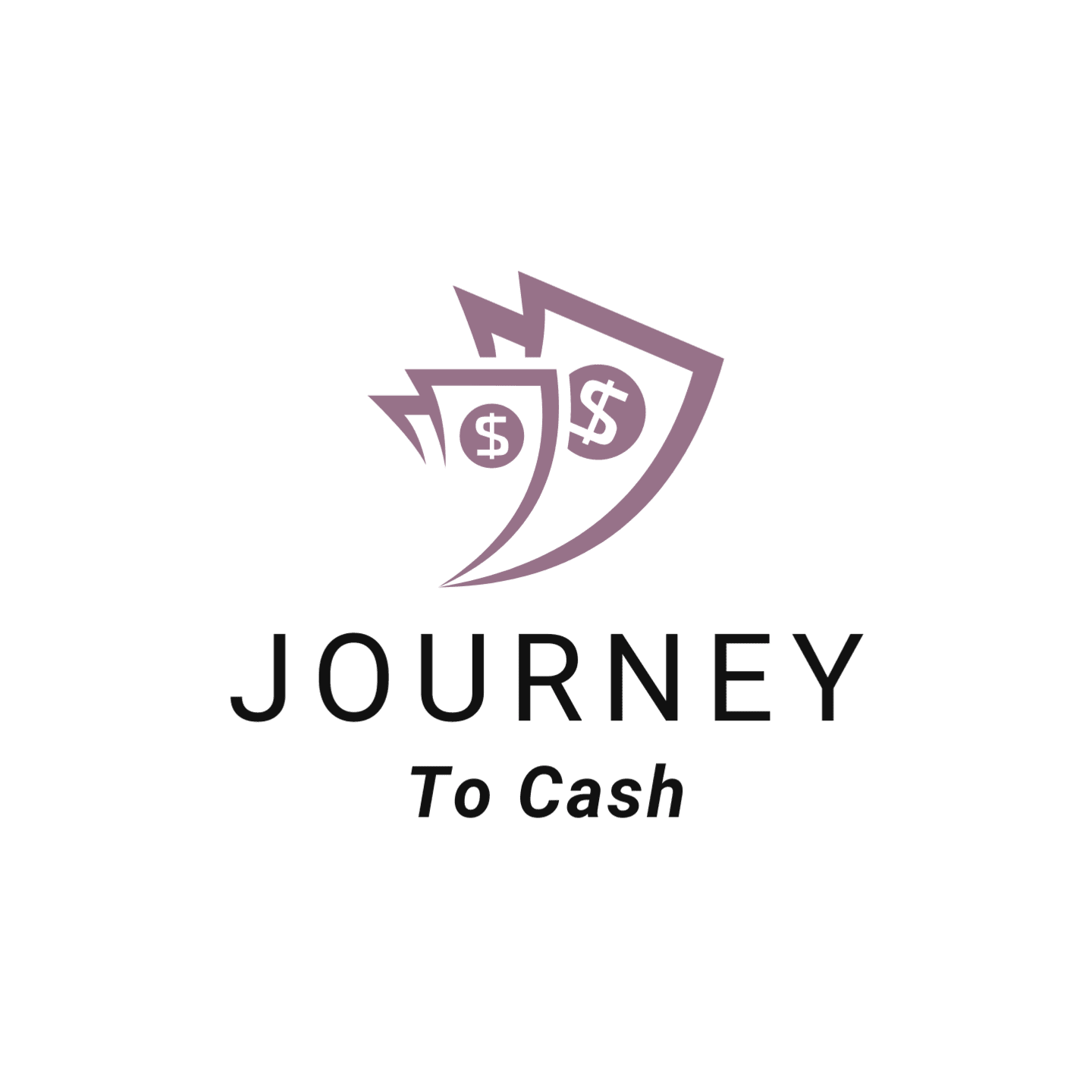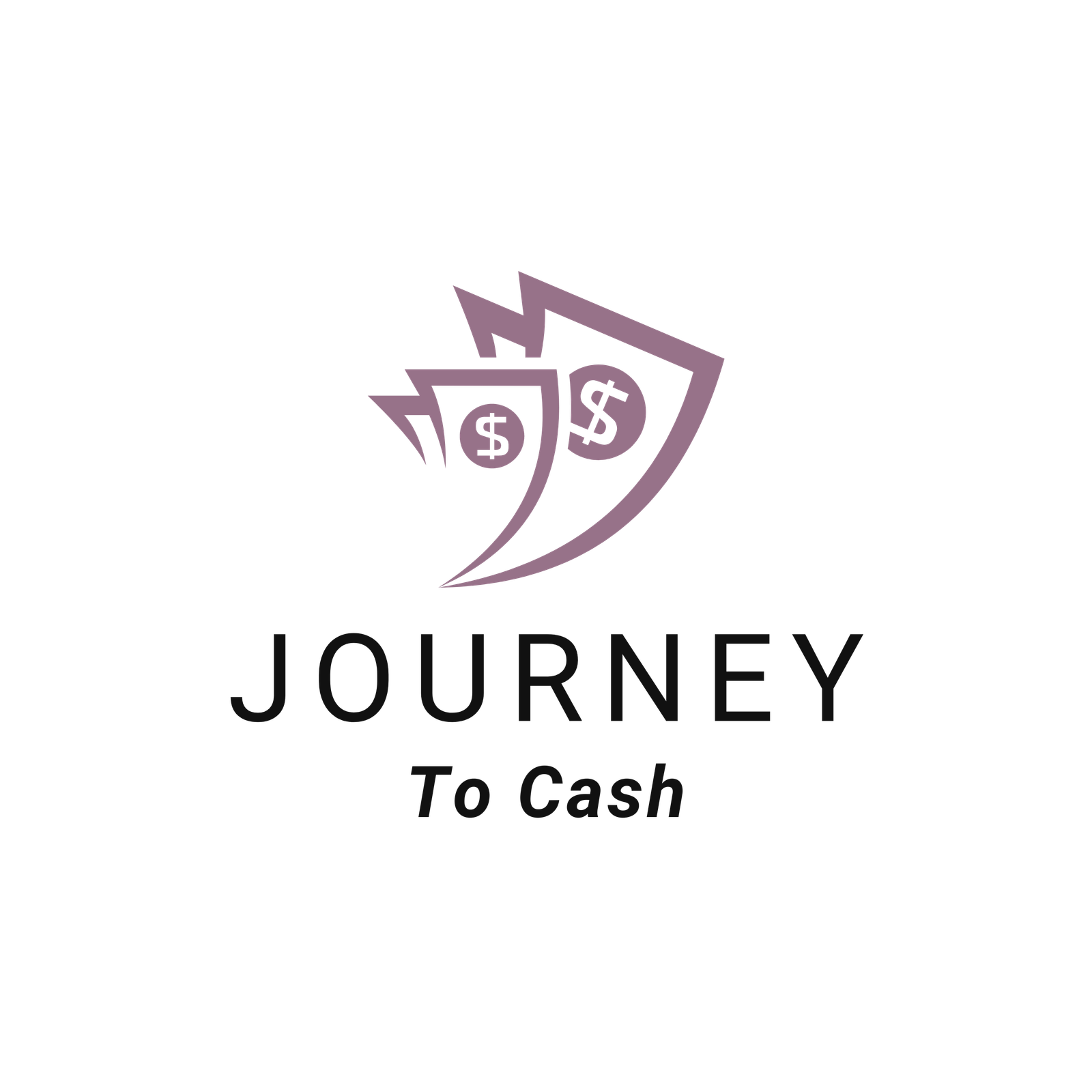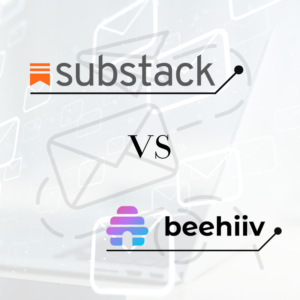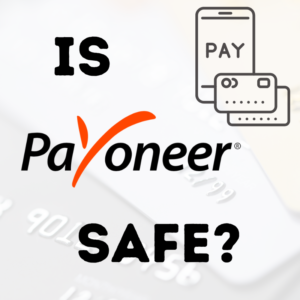With so many online learning platforms available today, it can be challenging to choose the right one that fits your needs. While Coursera is a popular choice for many learners due to its academic credibility and wide range of courses, there are several other websites that offer similar benefits. In this guide, we’ll explore how to choose the right website like Coursera for you by considering key factors such as course variety, accreditation, pricing, learning formats, and flexibility. By the end, you’ll be able to find the best platform to help you achieve your educational and professional goals.
Table of Contents
Key Features to Look for in Websites Like Coursera
When exploring websites like Coursera, it’s essential to understand the key features that make these platforms valuable for learners. Coursera has set high standards with its range of courses, partnerships with universities, and user-friendly interface. Here’s what you should consider when evaluating alternatives:
1. Course Variety and Specializations
One of Coursera’s strengths is its wide selection of courses, covering everything from data science to personal development. When looking at alternatives, ensure the platform offers a broad range of subjects that interest you. Additionally, check if they offer specializations or learning paths, which can provide more in-depth knowledge in a particular field.
2. Accreditation and Certificates
Coursera partners with top universities and companies to offer accredited courses and recognized certifications. If earning a certificate that adds value to your resume is a priority, look for platforms with partnerships with recognized institutions and accredited programs.
3. Pricing and Accessibility
One of the most critical aspects for many learners is pricing. While Coursera offers free courses, most certifications and advanced courses require a fee. Look for platforms with flexible pricing options, including free content, subscription models, or pay-per-course options. Accessibility also matters—ensure the platform is user-friendly on both desktop and mobile.
4. Learning Format
Coursera’s video-based format with quizzes and assignments is engaging for many learners. When evaluating other websites like Coursera, consider the learning formats they offer. Do they provide video lectures, interactive exercises, or discussion forums? A variety of learning tools can enhance the overall experience and ensure better retention of knowledge.
5. Flexibility and Pace
Flexibility is another key feature that makes Coursera appealing. The ability to learn at your own pace is crucial, especially for working professionals. When assessing alternatives, check whether the courses offer self-paced learning or if they require a set schedule. Platforms with flexible timelines are ideal for fitting learning into busy schedules.
6. Community and Peer Interaction
Coursera encourages interaction between learners through discussion forums and peer-reviewed assignments. Engaging with a learning community can greatly enhance your experience. When exploring websites like Coursera, check if they provide opportunities for peer interaction, discussion boards, or networking within the platform.
EdX: University-Level Courses Similar to Coursera
EdX is one of the top websites like Coursera, offering university-level courses across a wide range of subjects. Founded by Harvard University and MIT, EdX is known for its strong academic partnerships and high-quality content. If you’re looking for an alternative to Coursera, EdX stands out as a great option for learners seeking academic rigor and accredited certifications.
1. University Partnerships
Like Coursera, EdX partners with leading universities and institutions worldwide. Some of its well-known partners include Harvard, MIT, UC Berkeley, and Microsoft. These partnerships ensure that the courses offered are credible and taught by experts in the field.
2. Accredited Certifications and Degrees
EdX offers both free courses and paid options that come with verified certificates. In addition to professional certificates, EdX also offers MicroMasters programs and full online degrees. This makes it a strong competitor to Coursera, particularly for those who want to gain recognized credentials for career advancement.
3. Course Variety and Specializations
EdX offers a broad range of courses similar to Coursera, from computer science and data analysis to humanities and business. It also provides specialized learning tracks, which allow learners to focus deeply on a specific topic. These programs often include a series of courses that build on one another, similar to Coursera’s specializations.
4. Pricing and Financial Aid
Like Coursera, EdX provides a mix of free and paid content. While learners can audit courses for free, obtaining a verified certificate or accessing advanced features requires payment. For those who need financial assistance, EdX offers financial aid options, making it accessible to a broader audience.
5. Self-Paced and Instructor-Led Courses
EdX offers both self-paced courses, where learners can study on their own schedule, and instructor-led courses with set deadlines. This flexibility is similar to Coursera, making EdX suitable for both professionals and students who need to balance learning with other responsibilities.
By offering university-level courses, accredited certificates, and flexible learning options, EdX is one of the top websites like Coursera, especially for learners looking for academic credibility.

Udemy: Affordable, Flexible Learning for All
Udemy is one of the most popular websites like Coursera, offering a vast range of courses at affordable prices. Unlike Coursera, which often partners with universities, Udemy focuses on making learning accessible to everyone, from professionals looking to upgrade their skills to hobbyists seeking personal development. Here’s what makes Udemy stand out as a great alternative to Coursera.
1. Affordable Pricing
One of Udemy’s biggest selling points is its affordability. Courses on Udemy are often offered at discounted rates, with frequent promotions that can bring the price down to as low as $10–$20 per course. While Coursera also offers free courses, Udemy’s pricing is much lower for premium content, making it an appealing option for budget-conscious learners.
2. Wide Range of Courses
Udemy offers over 200,000 courses, covering everything from coding and business to personal development and the arts. While Coursera focuses more on academic subjects, Udemy excels at providing practical, hands-on learning experiences in various fields, including niche topics like photography, creative writing, and even yoga.
3. Lifetime Access to Courses
Unlike Coursera, where access to courses may expire after completing a subscription or course, Udemy allows you to keep lifetime access to any course you purchase. This flexibility means learners can revisit course materials and continue learning at their own pace, without time restrictions.
4. Self-Paced Learning
Like Coursera, Udemy offers self-paced learning, allowing students to complete courses on their own schedule. This flexibility makes it a great option for learners who are balancing education with other commitments, such as work or family responsibilities.
5. Instructor Diversity
While Coursera features professors from top universities, Udemy allows anyone with expertise to create and teach courses. This results in a diverse range of instructors, from industry professionals to self-taught experts. However, it’s important to note that course quality can vary, so reading reviews and instructor ratings is recommended.
6. No Accreditation
One of the main differences between Udemy and Coursera is accreditation. While Coursera offers certificates from accredited institutions, Udemy courses do not carry official accreditation. This makes Udemy better suited for personal development or skill-building rather than formal academic or career qualifications.
Udemy’s affordability, wide course selection, and flexible learning options make it one of the best websites like Coursera, especially for learners looking for cost-effective and self-paced education without the need for formal accreditation.

Khan Academy: Free Education for Everyone
Khan Academy is one of the best free websites like Coursera, offering a vast library of educational content for learners of all ages. Unlike Coursera, which focuses on higher education and professional courses, Khan Academy provides comprehensive lessons on subjects from K-12 education to early college-level topics. Here’s why Khan Academy stands out as a Coursera alternative, especially for learners seeking free, high-quality education.
1. Completely Free
Khan Academy’s main appeal is that all its courses and materials are completely free. Whether you’re a student, teacher, or lifelong learner, you can access thousands of videos, practice exercises, and tutorials without any cost. This makes it an attractive option for those who may not have the budget for paid platforms like Coursera or Udemy.
2. K-12 and Early College Education
While Coursera caters mostly to adults and professionals, Khan Academy is tailored to students in K-12 and early college years. It covers subjects like math, science, economics, history, and computer science. This makes it an excellent resource for school students, homeschooling families, and anyone looking to strengthen their foundational knowledge in key subjects.
3. Interactive Learning Tools
Khan Academy goes beyond video tutorials by offering interactive exercises, quizzes, and personalized learning dashboards. This allows students to practice their skills and track their progress, similar to Coursera’s quizzes and assignments. However, unlike Coursera, all these features are free, making it highly accessible for learners worldwide.
4. Partnered with Institutions
Like Coursera, Khan Academy has partnerships with educational institutions, including NASA, the Museum of Modern Art, and the California Academy of Sciences. While it doesn’t provide accredited certificates like Coursera, these collaborations ensure the quality and credibility of the learning materials, especially in science, art, and technology subjects.
5. Flexible Learning for All Ages
Khan Academy’s self-paced learning model is similar to Coursera’s. Learners can take courses at their own speed, making it suitable for students, parents, and even professionals looking to learn new topics or brush up on old ones. The platform also offers resources in multiple languages, expanding its accessibility to a global audience.
Khan Academy’s commitment to free, high-quality education for all ages makes it one of the most accessible and valuable websites like Coursera, especially for younger learners and those seeking foundational knowledge.

LinkedIn Learning: Professional Development Focus
LinkedIn Learning is one of the leading websites like Coursera, with a distinct focus on professional development and career-oriented skills. It offers a wide variety of courses aimed at helping professionals advance in their careers or learn new skills relevant to the workplace. Here’s what sets LinkedIn Learning apart as a top alternative to Coursera for career-driven learners.
1. Career-Oriented Courses
While Coursera provides a mix of academic and professional courses, LinkedIn Learning focuses almost exclusively on professional development. It offers courses in areas like business, technology, leadership, marketing, and soft skills—skills that are essential for career growth. Whether you’re looking to sharpen your management skills or learn a new software tool, LinkedIn Learning provides targeted content to help you stay competitive in the job market.
2. Integration with LinkedIn Profiles
One of LinkedIn Learning’s unique features is its seamless integration with LinkedIn profiles. When you complete a course or earn a certificate, you can add it directly to your LinkedIn profile, showcasing your skills to potential employers. This direct link to the world’s largest professional network makes LinkedIn Learning an appealing option for job seekers and professionals looking to advance in their careers.
3. Wide Range of Industry Experts
Like Coursera, LinkedIn Learning features courses taught by industry experts, many of whom have years of experience in their fields. This ensures that learners are getting practical, real-world advice that can be directly applied in their careers. LinkedIn Learning instructors often come from various industries, providing learners with diverse perspectives and insights.
4. Flexible Learning for Busy Professionals
Similar to Coursera, LinkedIn Learning offers flexible, self-paced courses that can be accessed anytime, anywhere. This flexibility makes it easy for busy professionals to fit learning into their schedules. The platform also offers bite-sized videos and courses, allowing users to learn in small increments, which is ideal for those juggling work and personal commitments.
5. Subscription-Based Pricing
LinkedIn Learning operates on a subscription model, where users can access the entire course library for a monthly or yearly fee. While Coursera offers individual course payments or subscriptions, LinkedIn Learning’s pricing model may be more suitable for professionals who want continuous learning access without having to purchase each course separately.
6. Focused Learning Paths
LinkedIn Learning offers curated learning paths that are designed to help professionals gain expertise in specific fields or roles. Whether you’re aiming to become a digital marketer, project manager, or software developer, these learning paths guide you through a series of courses that build on one another. This structured approach is similar to Coursera’s specializations but is more career-focused.
LinkedIn Learning’s emphasis on professional development, its integration with LinkedIn profiles, and its flexible learning options make it one of the most career-focused websites like Coursera, perfect for professionals looking to upskill or switch careers.

Skillshare: Creative and Professional Skills Training
Skillshare is one of the most popular websites like Coursera, offering courses in both creative and professional skills. While Coursera is known for its academic and career-focused courses, Skillshare takes a different approach by focusing on creativity, entrepreneurship, and practical skill-building. Here’s what makes Skillshare a strong alternative to Coursera for learners who want to explore both creative and professional development.
1. Focus on Creative Skills
Skillshare is widely known for its emphasis on creative fields like graphic design, photography, writing, and illustration. While Coursera focuses more on academic and professional subjects, Skillshare provides hands-on courses designed to help learners build and refine their creative talents. This makes it a great option for aspiring artists, designers, writers, and creators.
2. Project-Based Learning
One of Skillshare’s key features is its project-based learning approach. Unlike Coursera’s lecture-style format, Skillshare encourages learners to complete projects throughout the course, helping them apply what they’ve learned in real time. This makes learning more engaging and interactive, especially in creative fields where practice is essential.
3. Professional Skills and Entrepreneurship
While creativity is Skillshare’s strong suit, it also offers a wide range of courses in professional skills such as marketing, entrepreneurship, and freelancing. If you’re looking to turn your creative passion into a business or learn practical skills for your career, Skillshare has courses that cater to this need. This makes it a valuable alternative to Coursera, especially for those seeking to balance both creative and professional development.
4. Affordable Subscription Model
Skillshare operates on a subscription-based model, which provides unlimited access to all courses for a monthly or yearly fee. This is different from Coursera, where you can pay for individual courses or a specialization. For creative professionals and hobbyists who want ongoing learning, Skillshare’s affordable subscription makes it accessible to a wide audience.
5. Short, Engaging Courses
Skillshare courses are typically shorter than Coursera’s, making them ideal for learners with limited time or those who prefer to focus on a single skill in a short amount of time. Many courses are structured as bite-sized lessons, allowing learners to complete a course in just a few hours or less. This flexibility appeals to both creative learners and busy professionals.
6. Community and Collaboration
Like Coursera, Skillshare has a thriving learning community. Students can share their projects, give and receive feedback, and connect with fellow learners and instructors. This interactive environment helps foster creativity and collaboration, making it an attractive platform for creators who want to showcase their work and learn from others.
Skillshare’s blend of creative and professional skills training, along with its affordable pricing and project-based learning, makes it a top choice for learners seeking websites like Coursera. It’s especially ideal for those looking to combine their creative passions with professional development.

How to Choose the Right Websites Like Coursera for You
When choosing the right websites like Coursera, there are several important factors to consider. With so many learning platforms available, understanding key features can help you find the best option tailored to your needs. Below are the most critical aspects to keep in mind when evaluating Coursera alternatives.
1. Course Variety and Specializations
One of Coursera’s strengths is its wide selection of courses, from data science to personal development. When choosing an alternative, look for a platform that offers a similar range of subjects. Additionally, check if the platform provides specializations or learning paths that allow for deeper learning in your chosen field.
2. Accreditation and Certificates
If you’re looking to gain credentials, accreditation is key. Coursera’s partnerships with top universities ensure the value of its certificates. When exploring alternatives, ensure that the platform provides courses accredited by recognized institutions, especially if you’re using the credentials for career advancement.
3. Pricing and Accessibility
Pricing plays a significant role for many learners. While Coursera offers free courses, most certifications come at a cost. Evaluate platforms based on their pricing models—do they offer free content, subscriptions, or pay-per-course options? Accessibility is equally important, so ensure the platform is easy to navigate and compatible with both desktop and mobile devices.
4. Learning Format
The format of learning can affect your engagement and retention of material. Coursera uses video lectures, quizzes, and assignments to keep learners involved. When exploring alternatives, consider what learning formats are available—do they offer video, interactive exercises, or discussion boards? A variety of formats enhances the learning experience.
5. Flexibility and Self-Paced Learning
Coursera allows users to learn at their own pace, a crucial feature for working professionals. When selecting an alternative, check if it offers self-paced learning or requires a set schedule. Platforms with flexible timelines are perfect for those with busy lives.
6. Community and Peer Interaction
Engaging with a learning community can boost motivation and enrich your learning experience. Coursera encourages peer interaction through forums and peer-reviewed assignments. When choosing another platform, see if they offer similar opportunities for discussion and networking.
Conclusion/Summary
When choosing websites like Coursera for your learning journey ultimately depends on your personal and professional goals. Whether you need accredited certifications, a flexible learning schedule, or a more affordable option, platforms like EdX, Udemy, Khan Academy, LinkedIn Learning, and Skillshare each offer unique benefits. By evaluating features such as course variety, pricing, learning formats, and accreditation, you can make an informed decision and select the platform that best suits your needs. Keep these factors in mind, and you’ll find the perfect Coursera alternative to help you reach your learning goals.





